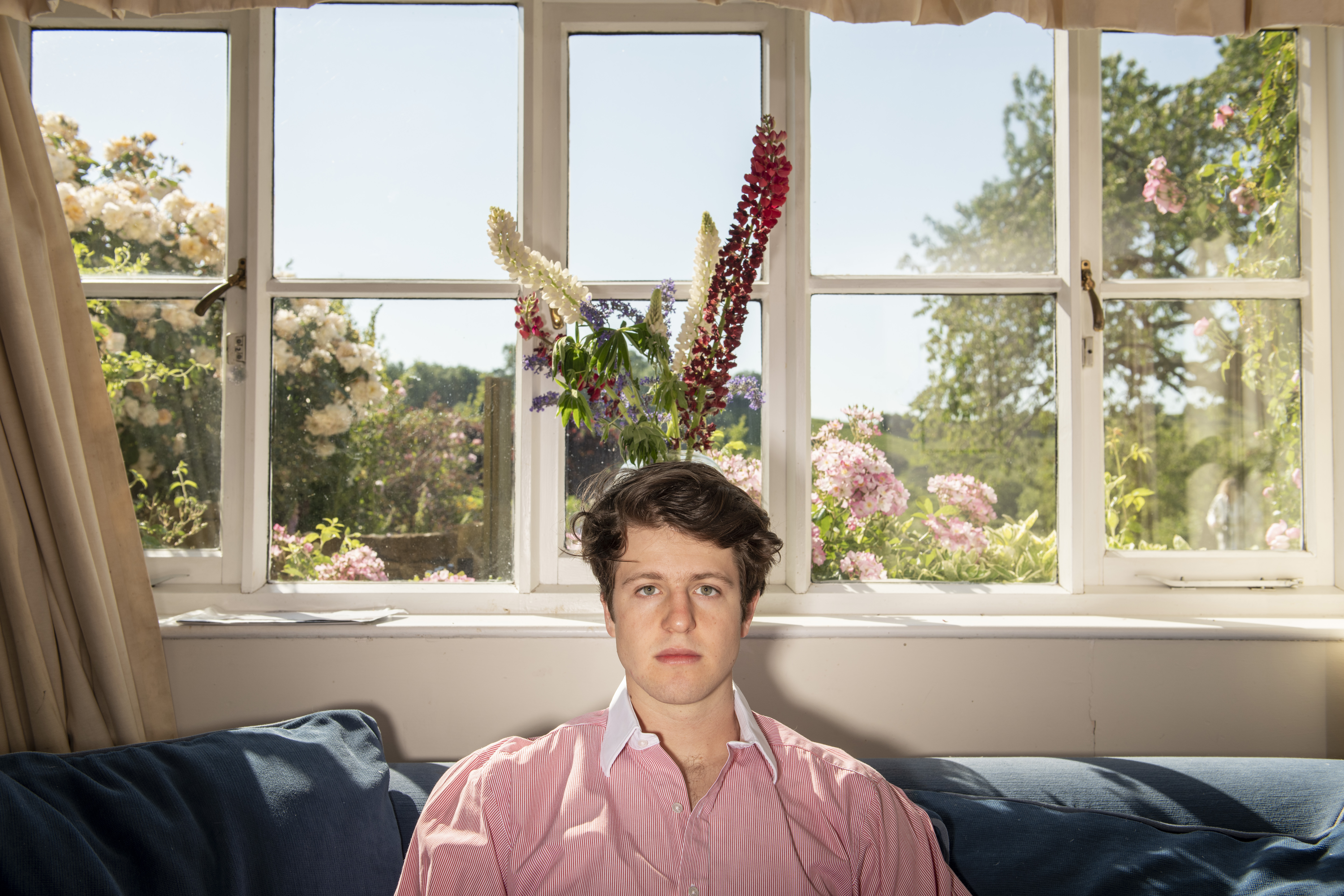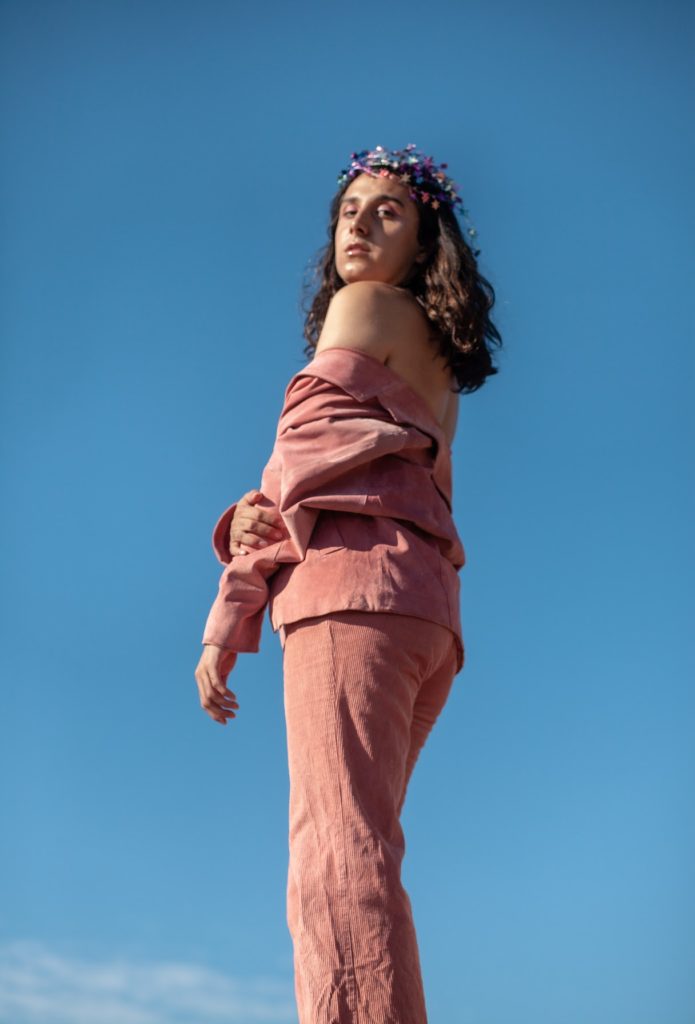
Courtesy of Adam Wiseman
Yale student musicians often showcase their work at venues on campus and beyond, but the coronavirus pandemic flatlined live performances for the duration of the semester. Each week for the month of September, the News will feature recent student-released music to provide a platform for discovery aside from a stage.
Wacomo “She Said” and “IRWUTBH”
Lucas Wiseman Angulo ’23 — who produces music under the name Wacomo — has a multifaceted musical style.
“My parents introduced me to all types of music early on,” Wiseman Angulo said. He began taking bass guitar lessons at age 11, and soon after joined a band. But he quickly became fascinated with bands like Skrillex. This fascination led to his discovery of electronic music production.
Wiseman Angulo studies architecture and economics and plays on Yale’s rugby team, but wants to pursue music as a career. He spends all his spare time making music. Wiseman Angulo has released five songs, three of which are collaborations with musicians from across the globe, some of whom he met on the internet. Wiseman Angulo said he values this collaborative process both musically and socially.
But Wiseman Angulo also feels proud of the songs he produced independently. For his recent independent release, “She Said,” he sampled “some random dude on the internet.” His sixth and newest single, “IRWUTBH,” is influenced by house music.
Wiseman Angulo plans to focus his yearlong leave of absence on making music.
“It’s an interesting exercise because I’m forced to make 100 percent of the songs I produce, without the input of anyone,” Wiseman Angulo explained. He characterized the pandemic as both an “opportunity to really focus on my music at an individual level” and a barrier to the collaborative process he values.
Coup(e) Del Mar “Tambora”

Pilar Galvan ’22 — stage name “(ama)Dea Del Mar” — sings and raps in the band Coup(e) Del Mar. Other members of the group are her brother Sebastian Galvan ’20, a “self-taught rapper, singer, [and] producer;” Karin Nagano ’20, a classical pianist; Arthur Hwang ’21, a vocalist and current Whiffenpoof; and Edgar Guzman, a jazz drummer, producer and graduate of Bard College.
Galvan describes the ensemble’s work as “unorthodox,” but today, the group prioritizes music that is both “personal and relatable.”
“We want to break musical expectations,” Galvan said.
Before the COVID-19 pandemic, the group “had a lot of music on the back burner.” With the extra time, they hope to “produce more” and share this music. Coup(e) Del Mar recently released a debut EP, “Tambora,” which is structured as an homage to Mary Shelley — the author of “Frankenstein: A Modern Prometheus.” Each of the four songs examines an “aspect of navigating what feels like an apocalyptic world,” just as Shelley chronicles a monster’s existence in a society that fears him. In a way, Galvan notes, “the album is about coming into oneself as a BIPOC during this time of turmoil.”
Perhaps the clearest example of the group’s unorthodoxy is “Doggie Paddle Blues,” a song on the new EP. It begins with a piano solo by impressionistic composer Maurice Ravel and slowly adds layers of complexity: a throbbing beat, string melodies and vocals. Slowly, the sounds distort and fade, and the song ends as simply as it began.
Ale Campillo “Leaping”

For Ale Campillo ’22, writing, performing and listening to music has helped them escape reality since their preteen “goody-two-shoes” days. Campillo describes their music as a combination of dream pop, R&B and indie rock, citing the influence of alt-pop women like Lorde, Lana del Rey and Grimes.
“I felt like I could rebel through this other world that was magical and different,” Campillo said.
Campillo’s debut EP, “Leaping,” is a bildungsroman. The EP contains three songs — “Blue Fountain,” “Joshua Trees” and “Leaping” — that track Campillo’s journey coming to terms with their queerness.
The first song, “Blue Fountain,” is the most melancholy of the three, opening with the lyrics “blue fountain, I’m drownin’.” Campillo said the song is about “being sad about who I am and not fully accepting it, seeing elements of myself that I like but also elements that I don’t like.”
“Blue Fountain,” which is sung in Spanglish, also embraces Campillo’s Latinidad. They wanted to write music that was “not super Latin in vibe, but Latin in spirit.” Campillo explained that the song offers another dimension to Spanish speakers — it engages in wordplay only people who speak both languages can understand.
Campillo wrote the album’s second song, “Joshua Trees,” on a visit to Joshua Tree National Park in the summer of 2019. “It was there that I was able to find clarity about myself,” Campillo said.
They added that the song transitions to the final track, “Leaping,” which is about entering the future without hesitation.
Campillo emphasized a lack of queer and trans representation in the music industry and hopes that people can hear their voices amplified through Campillo’s music. They realize that the power of music lies in its ability to represent stories and experiences.
Campillo’s upcoming song, “Noche de Fuga,” will draw even more on their identity as a Mexican American and Cuban American.







